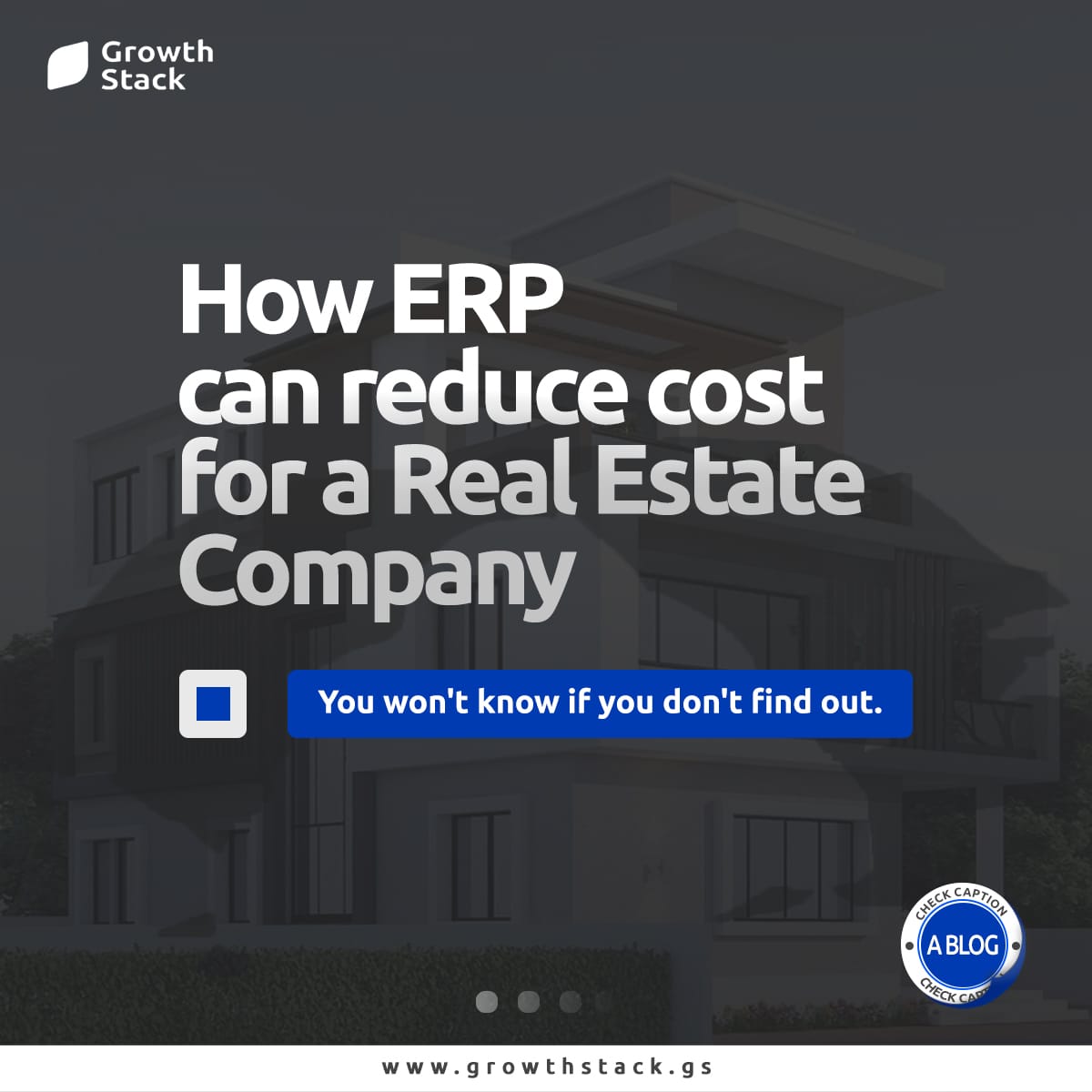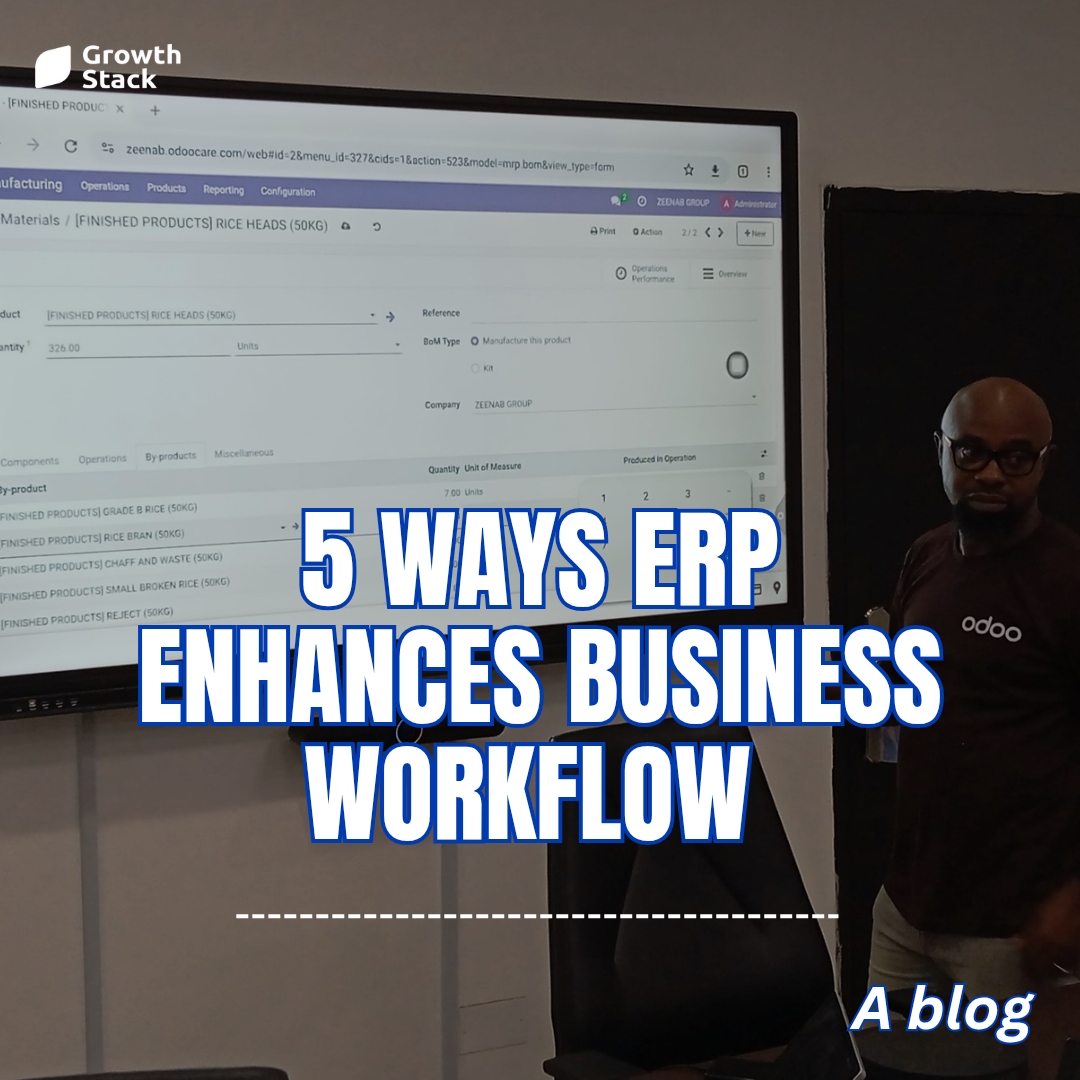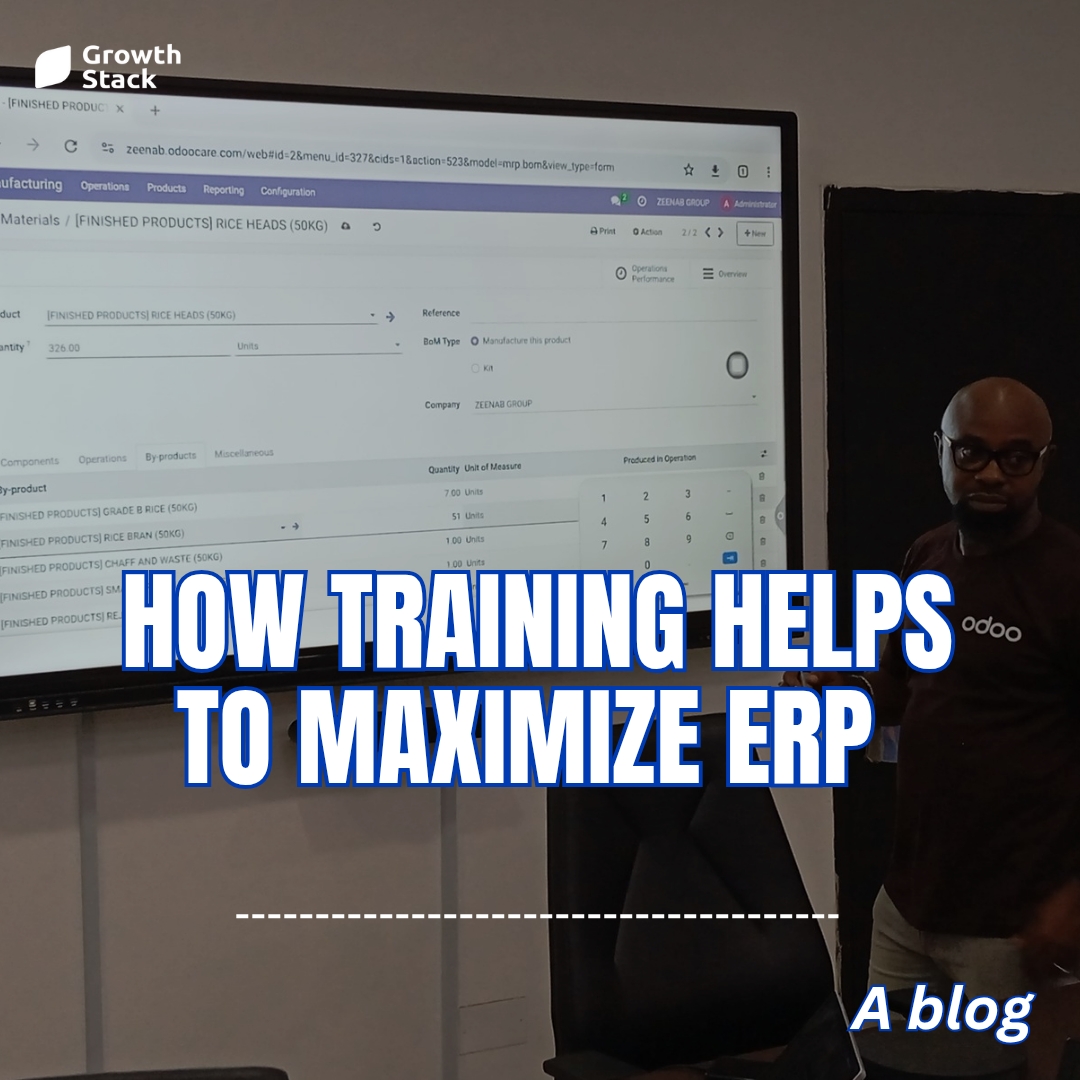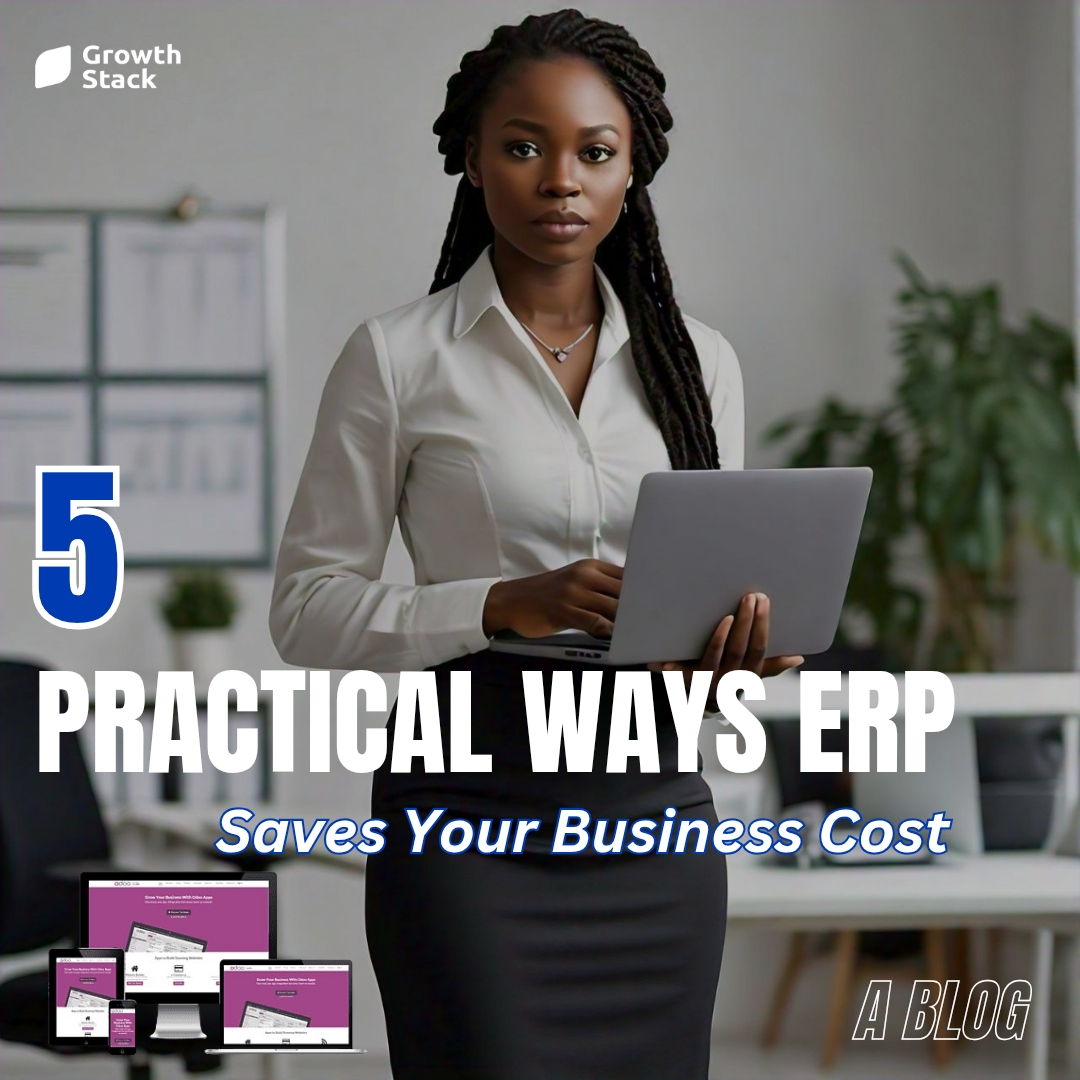It will interest you to know that the real estate and construction industry is a dynamic and complex sector that demands meticulous planning, seamless coordination, and effective communication. And, companies are in need of ways on how ERP can reduce cost for a real estate company.
In the absence of robust Enterprise Resource Planning (ERP) software, real estate companies may find themselves grappling with a myriad of challenges that can hinder project success.
What are some Challenges in the Real Estate Industry?
Here is a list of some challenges that are faced by real estate business owners:
Poor Sales Process
The real estate sales process consists of many stages, from listing a house to closing the sale. To have a clear view of your sales process, every realtor needs to establish a solid sales process that they must follow to keep it organized.
Untraceable Sales
Not knowing where the deal stands can affect your bottom line. If the deal takes too long to close, you must act upon it immediately and push it towards closure. Likewise, when you have a hot lead, you must put more effort into turning them into customers.
Lack of Technology
Are you still following the traditional method of listing properties in magazines and newspapers? As beneficial as that is, technology has grown by leaps and bounds in the past few decades.
If you’re not leveraging technology for your business’s growth, your competitors will gain an edge over you and attract more leads their way.
Managing Paperwork
If you don’t want to get lost in a pile of paperwork, you need to form a proper workflow. Managing the paperwork of every property and client can take a toll on you and consume most of your time. In fact, this can also hamper your overall productivity at work.
In this blog post, we delve into the significant challenges faced by real estate firms without ERP software and highlight the transformative benefits of adopting an integrated ERP software system.
Below are challenges in the real estate industry without ERP software and where Enterprise Resource Planning (ERP) comes in.
1. Inappropriate Planning
One of the primary challenges faced by real estate companies without ERP solutions is inappropriate planning. Inaccurate project planning can result in substantial losses, impacting labor costs, customer satisfaction, and overall brand perception. Untimely project completion due to coordination difficulties can lead to mistakes in scheduling, resource channeling, and adherence to design specifications.
ERP software addresses these challenges by providing a comprehensive platform for efficient project planning, ensuring timely and successful project completion.
In the intricate world of construction, one of the foremost challenges encountered in the absence of ERP software is inadequate planning.
This can manifest in several detrimental ways:
- Financial Repercussions: Inaccurate planning often leads to substantial financial losses. Misjudging the scope or resources needed for a project can balloon costs unexpectedly.
- Labor Inefficiencies: Without precise planning, labor allocation becomes a guessing game. This can result in either a shortage or surplus of labor, each carrying its own set of problems.
- Customer Dissatisfaction: Delays or failures to meet project specifications can erode customer trust and satisfaction, which are crucial for repeat business and a solid reputation in the industry.
- Brand Impact: Overall, these planning missteps can tarnish a company’s brand image, leading to long-term consequences.
ERP software digitalizes your office settings fully and creates a paperless environment. It will save time and money. ERP improves profitability.
Key features are;
- Everything Online (Approvals, requests, attachments, comments, revisions, submissions, etc.)
- Saves Time & Expense
- Digital Documents for Easy Storage and Retrieval
- Exceptional Traceability and Security
- Provides Centralized Storage
- Automated and Audit Ready
- Smart Forms and Remote Access
2. Intelligent Requirement Calculation
An ERP software offers creative controls and solutions to the store, inventory and operations requirements of a business. Smart Reorder calculation is a significant feature that allows a company to regulate their stocks and inventory using intelligent forecasts, sales matrix, and pattern analysis. The system identifies the exact moment for re-ordering stock, controlling production, regulating existing stock, and tracing least-sold items and avoiding bottleneck situations. It helps ERP reduce costs.
- Automated Re-order System
- Optimized Level of Inventory & Stores
- Identify Risks & Bottleneck Situations
- Create Dynamic Production Plan
- Prepare automated orders
- Identify manpower and resources requirements
- Maximizes ROI and Service
- Smart Inventory Analytics, Forecasts, & Reports
3. Budget vs Actual Locking
An ERP helps companies to regulate their expenses and stick to strict budgets using its inbuilt technologies and tools. The software uses smart work breakdown structures and segment-wise estimations to provide detailed and accurate cost information. It helps the company to analyze the budget against actual costs during each stage of business using real-time data and analytics. ERP reduces costs and some benefits are;
- Controls Unwanted Expenses
- Regulate Material, Labor, Equipment, Overhead Costs
- Real-time Tracking & Monitoring
- Smart Project Scheduling & Planning
- Live Collaboration & Communication
- Centralized Project Control & Database
- Account level budgeting and monitoring
- Intelligent alerts for budget levels
4. Avoid Theft & Misinformation
Business corruption and mismanagement of resources are critical factors that affect the performance and survival of a company. ERP is a single-window solution that prevents fraud and corruption. It allows for multilevel barcoding (batch-wise, product-wise classifications) and uses technologies like AI, Machine Learning, and Automation to restructure the workflow, bring visibility and transparency, and eradicate fraud.
- Audit Trial and user activity history
- Automated Alerts & Notifications
- Live Inventory Monitoring
- Prevents Accounting Malpractices
- Predefined Workflow & Security
- Real-time Updates & Traceability
- Multilevel Authorizations and Approvals
- Intelligent Barcoding & Scanning
5. Intelligent Reporting
An ERP primarily analyzes the massive data in the organization continuously and produces intelligent reports and analytics for making faster, wiser, and right decisions on time. It cuts business costs and produces actionable MIS & KPI reports and creates growth opportunities.
- Intelligent Data Analysis
- Evaluates Legacy Data, Trends, Patterns
- Quick Access to Data
- Data Visualization & Insights
- Improved Data Quality
- Increase Lead Response & Processes
- Define Accountability & Responsibility
Conclusion
The economic situation has forced companies to cut operational costs and survive in the business without loss. Companies have to find low-cost software and technologies to manage scenarios of optimal production, reduced running costs, and result-oriented business operations.
An ERP centralized platform that consists of inbuilt inventive technologies like automation, artificial intelligence, etc, therefore, removes many cost-affecting Assets, Digitalizes streamline operations, produces accurate information, automates daily tasks, reduces operational overheads, creates optimal production results, and improves profitability. Modern-day ERPs are cost-effective and offer a guaranteed return on investments (ROI).
Enterprise Resource Planning improves profitability.













